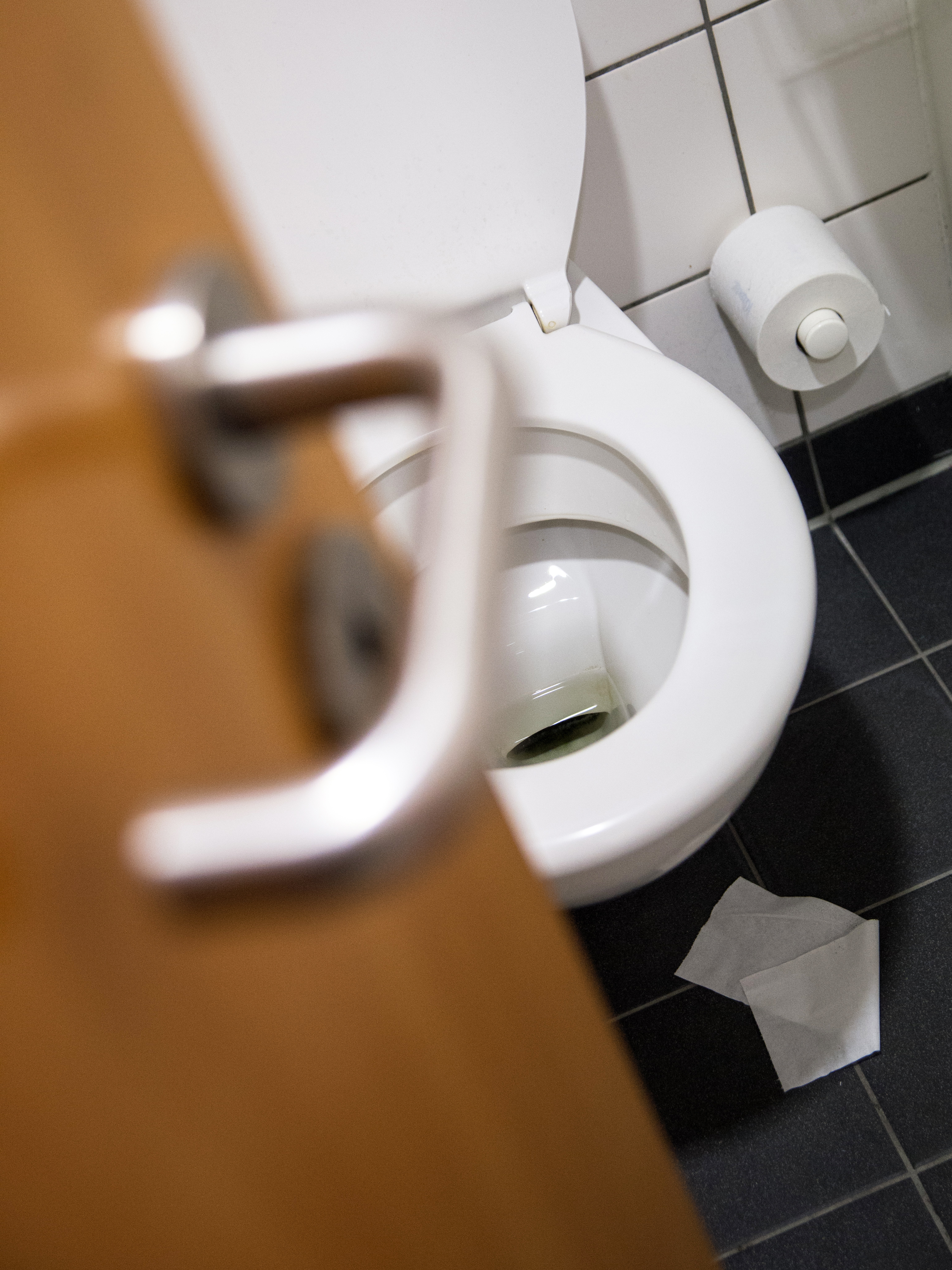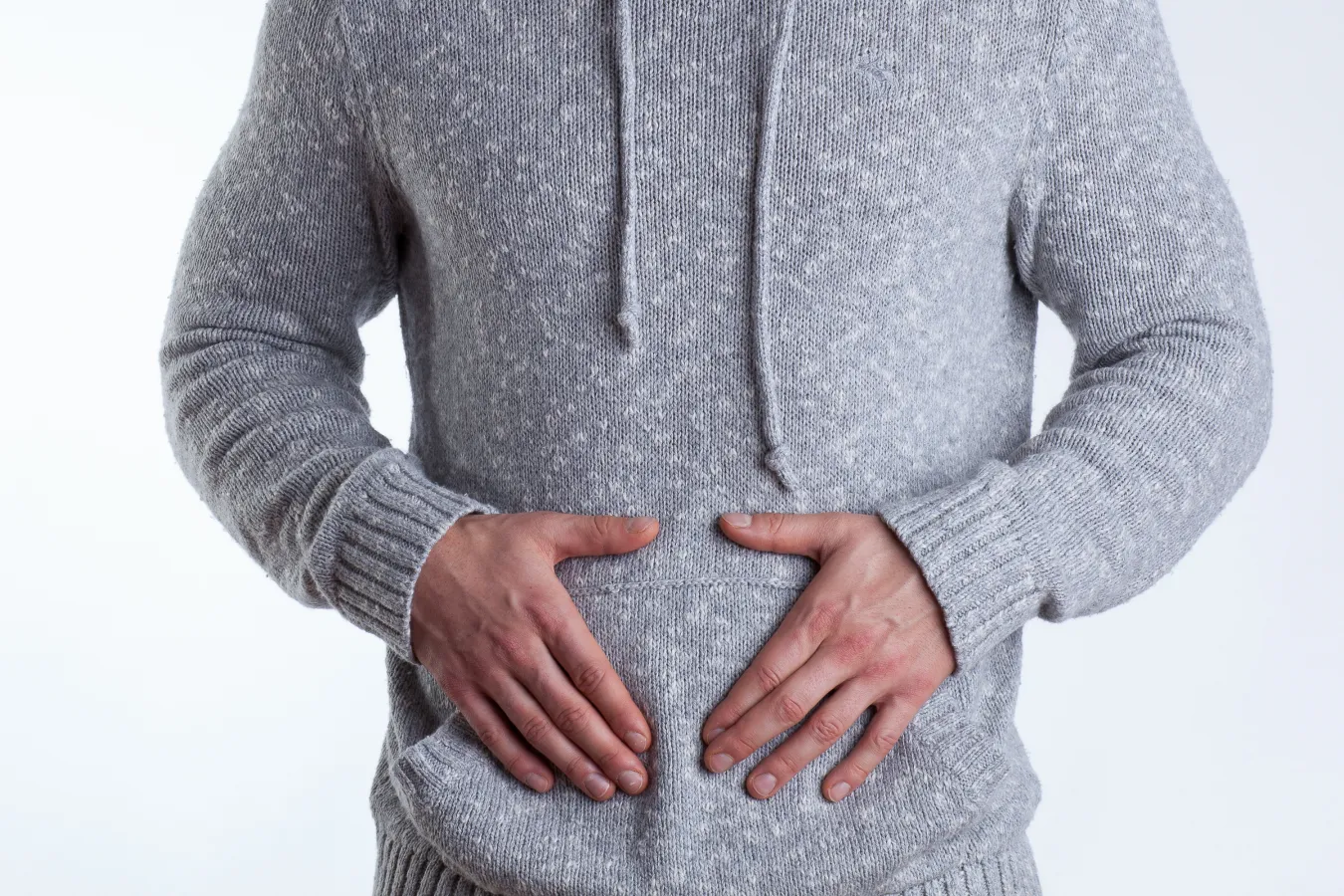Constipation is not only unpleasant, but it can also cause health problems. And it is a condition that many suffer from.
The frequency with which we go to the bathroom varies from person to person, even in healthy people. One person may go three times a day, another three times a week. But when there are changes in these routines, the person may feel a sense of discomfort.
German gastroenterologist Birgit Terjung explains: “People feel constipated if they defecate less frequently than usual. They have the feeling of being full, of incomplete defecation. They have to push hard, report hard or lumpy stools, or even have to help themselves manually.”
Some people are worried about this situation, they are worried that it could lead to “internal poisoning”, says Terjung. But there is no need to worry. “This myth has no scientific basis”, explains the specialist, head of the Department of Internal Medicine at the GFO Clinics in Bonn.
Two forms of constipation
Doctors distinguish two main forms of constipation: so-called colonic (or transit) and anorectal (or distal).
Too slow a bowel movement causes a feeling of being full, a swollen abdomen, and infrequent bowel movements. “This situation can occur due to taking medication and suffering from other diseases,” says Terjung.
It can also be caused by a change in diet, such as during vacations.
The causes of a distal disorder (outlet obstruction) can be anal cramps, a weakness of the pelvic floor with a possible bulging of the anterior wall of the rectum into the vagina, or thick stools, describes the gastroenterologist.
Chronic constipation can occur at any age, explains Professor Christian Pehl, who is also a specialist in this area within the German Society of Gastroenterology and chief physician at the Vilsbiburg Hospital in Bavaria.
Intestinal obstruction is something that affects older people in particular. “The reasons are a lack of exercise, a low-fiber diet or not drinking enough,” says Birgit Terjung. In addition, the transit time in the intestine often changes in older people, with stool moving more slowly through the large intestine.
Parkinson’s disease, dementia, depression, or diabetes mellitus can also hurt intestinal transit, says Terjung. The same is true for antidepressants, Parkinson’s drugs, psychotropic drugs, and opioid painkillers.

Home remedies for constipation
If you have constipation problems, you don’t always have to go to the doctor straight away. In some cases, you can also try some home remedies first.
“Prunes, dried fruit, and sauerkraut juice can treat mild forms of chronic constipation well,” says Pehl. “But again, there are sometimes side effects such as abdominal pain, bloating and diarrhea.”
Similarly, fiber can be added to the diet. “Psyllium husk preparations are particularly helpful in this case because of their stool-regulating effect,” explains Pehl.
And when should you go to the doctor? “If constipation is new and persistent, especially after the age of 50, you should consult a doctor,” advises Terjung. The same applies if you experience severe flatulence, abdominal pain, or blood in your stools.





















+ There are no comments
Add yours